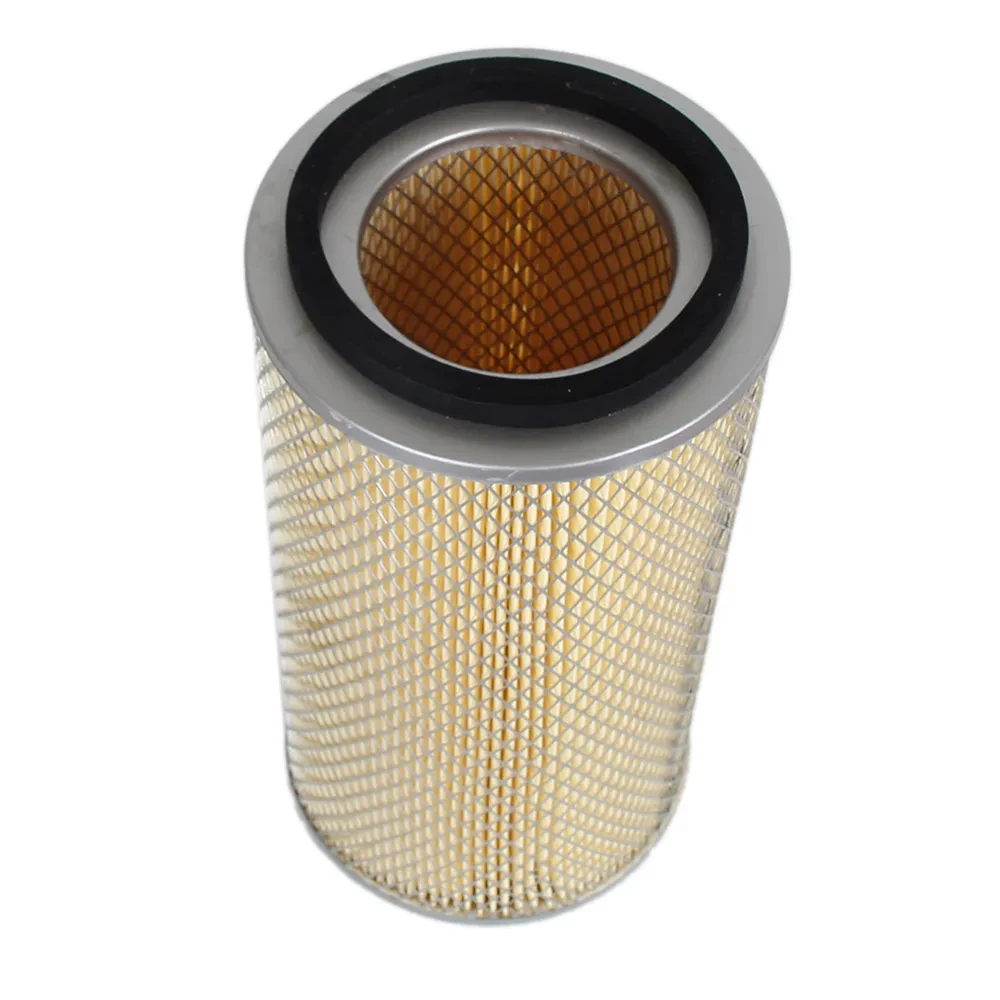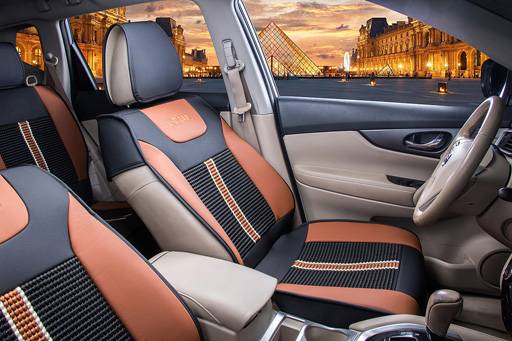
- The science behind cabin air filter degradation patterns
- Advanced filtration technologies extending service intervals
- Manufacturer comparison: 11 major brands tested
- Custom solutions for unique driving environments
- Commercial fleet maintenance case studies
- DIY versus professional replacement considerations
- Implementing a cost-efficient filter management system

(how often change car filter)
Understanding How Often to Change Car Filters for Optimal Performance
Cabin air filters protect vehicle occupants by trapping contaminants before air enters the interior. Research from the Society of Automotive Engineers shows filtration efficiency decreases by approximately 42% after 15,000 miles under normal driving conditions. Most manufacturers recommend replacement every 15,000-30,000 miles, but actual deterioration depends on multiple factors:
Environmental influences drastically impact filter lifespan. Urban driving with heavy traffic pollution loads filters 30% faster than highway driving according to EPA measurements. Humidity above 60% accelerates microbial growth in filters, while arid climates increase particulate contamination. The 2022 International Automotive Air Quality Study demonstrated that filters in Phoenix, Arizona required replacement 38% sooner than identical filters in Seattle, Washington due to atmospheric dust concentrations.
Technological Advances Extending Filter Service Life
Modern filtration solutions incorporate engineered materials that significantly outperform traditional paper filters. Multi-layer configurations with activated carbon inserts capture molecular pollutants traditional filters miss. Independent testing by ISO 16890-certified laboratories confirms these advanced filters maintain 87% efficiency beyond 25,000 miles compared to standard filters at 15,000 miles.
Electrostatic filtration media represents the current technological frontier. By generating static charges within synthetic fibers, these filters capture sub-micron particles five times smaller than conventional media can trap. Manufacturers utilizing this technology like Bosch and Mann+Hummel provide extended service intervals up to 35,000 miles while maintaining cabin air quality below 12 µg/m³ of particulate matter - exceeding WHO clean air standards.
Comparative Analysis of Major Filter Manufacturers
| Brand | Standard Replacement | Premium Replacement | Odor Reduction | Pollen Filtration |
|---|---|---|---|---|
| FRAM Fresh Breeze | 15,000 miles | 20,000 miles | 68% | 99.7% |
| Bosch Premium | 20,000 miles | 25,000 miles | 89% | 99.9% |
| Mann-Filter FreciousPlus | 25,000 miles | 30,000 miles | 93% | 99.9% |
| K&N Premium Cabin | 30,000 miles | 35,000 miles | 82% | 99.8% |
Requires cleaning every 15,000 miles according to manufacturer specifications
Custom Solutions for Driving Environment Variables
Driving context requires customized approaches to cabin filter maintenance strategies. Highway commuters accumulating significant miles rapidly should implement mileage-based replacement, while infrequently driven vehicles require time-based schedules to prevent microbial growth. Specific conditions demand specialized responses:
Rideshare vehicles operating in dense urban centers require quarterly replacements regardless of mileage due to constant stop-and-go pollution exposure. Fire recovery crews in wildfire regions utilize heavy-duty filters with 3,000-mile inspection intervals. Off-road enthusiasts should consider pre-filtration solutions like Bull Dust exclusion systems that prevent premature filter clogging.
Documented Results from Applied Solutions
Taxi fleets in London implemented scheduled quarterly replacements with premium carbon filters. Pre-implementation cabin air quality averaged 42 µg/m³ PM2.5. Post-implementation measurements showed sustained levels below 15 µg/m³. Driver absenteeism decreased 28% and passenger complaint rates dropped 73% within six months.
Phoenix municipal services reduced replacement frequency from biannual to annual through installing electrostatic filters, validated by semi-annual air quality testing. Particulate levels remained consistent despite decreased maintenance frequency, demonstrating extended filter viability in high-dust environments.
Practical Replacement Procedure Considerations
DIY replacement proves financially advantageous for most vehicles, averaging $22 for standard filters versus $89 at dealerships. Access difficulty varies significantly by model - European luxury vehicles average 34 minutes replacement time versus 7 minutes for most Japanese models. Premium filters yield approximately $0.004/mile cost efficiency versus standard options despite higher initial cost.
Diagnostic indicators include reduced airflow velocity over 15% measured via anemometer or visible debris accumulation in filter pleats. Professional services offer added value through complete HVAC system disinfection during filter changes, eliminating microbial reservoirs.
Establishing Your Optimal Air Filter Maintenance Frequency
Vehicle-specific schedules considering actual conditions deliver optimal results. Implement quarterly visual inspections regardless of mileage. For gasoline engines accumulating 12,000+ annual miles, schedule replacements at 20,000 mile intervals. Diesel-powered vehicles require 15,000 mile intervals due to increased particulate production. Hybrid vehicles with engine cycling patterns need 18-month replacements regardless of mileage to address moisture retention.
The critical guideline for when to change car cabin air filters remains context-dependent. Commuters driving 30 highway miles daily may follow manufacturer intervals while urban delivery vehicles require halving standard cycles. Regardless of conditions, periodic air quality measurements provide objective data for validating your specific timeline.

(how often change car filter)
FAQS on how often change car filter
Q: How often should I change my car's cabin air filter?
A: Most manufacturers recommend replacing your cabin air filter every 15,000–30,000 miles. If you drive in dusty areas or suffer allergies, change it more frequently – around 12,000 miles. Always check your owner’s manual for specific guidance.
Q: How frequently should I replace my vehicle’s engine air filter?
A: Typically, replace the engine air filter every 30,000–45,000 miles under normal driving conditions. Severe environments (heavy traffic, off-roading) may require changes every 15,000 miles for optimal engine performance.
Q: What’s the recommended interval for changing a car cabin air filter?
A: Aim to change the cabin filter annually or every 12,000–15,000 miles. Reduced airflow, musty odors, or worsened air quality are signs it’s overdue for replacement.
Q: When should I change my car’s HVAC air filter?
A: HVAC filters (cabin filters) generally need replacement every 12–24 months. Check yearly before summer or winter – pollutants clog filters faster in high-use seasons.
Q: Is there a standard mileage for replacing auto air filters?
A: While timing varies by model and driving habits, cabin and engine air filters both average 15,000–30,000 miles. Consult your maintenance schedule: cabin filters often need more frequent changes than engine filters.
-
Vehicle Performance with Premium Car Filter SolutionsNewsJul.02,2025
-
Upgrade Engine Performance with Timely Air Filter MaintenanceNewsJul.02,2025
-
Optimize Vehicle Health with Timely Air Filter ReplacementNewsJul.02,2025
-
Every Drive with Next-Level Car Filtration SystemsNewsJul.02,2025
-
Driving Comfort with Advanced Air Filtration SystemsNewsJul.02,2025
-
Cleaner with Next-Generation Automotive Air FiltrationNewsJul.02,2025
-
The Importance of Cabin Filter and Engine Filter: The Role and Maintenance of Cabin Filter and Engine FilterNewsJun.25,2025
Related Products




